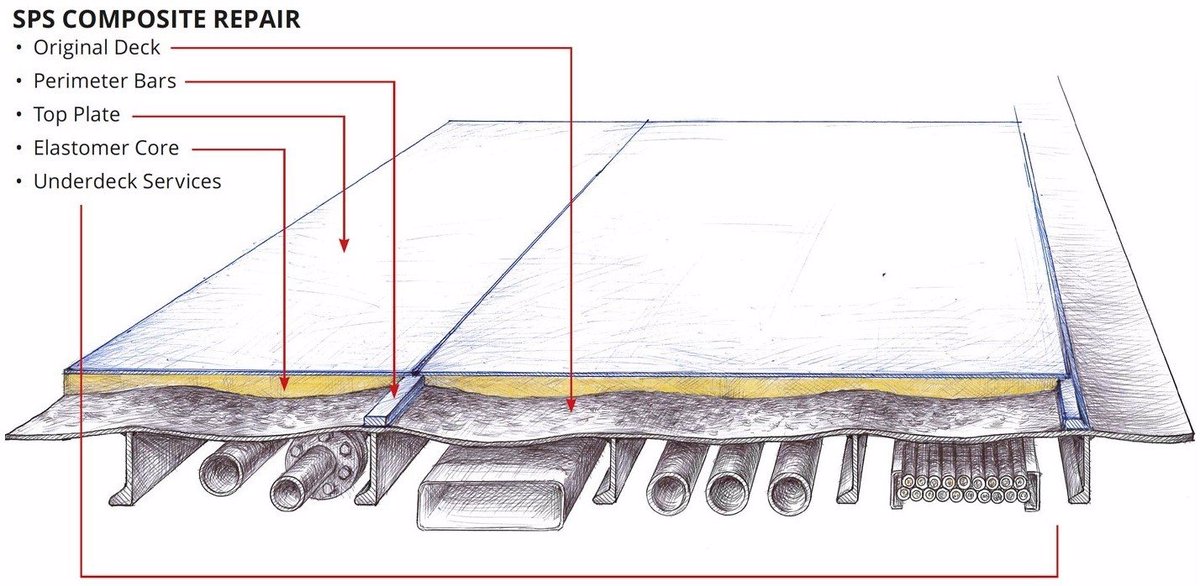LR greenlights Estonia-based SRC’s novel concept for methanol storage on ships
Classification society Lloyd's Register has approved the methanol storage retrofit concept designed by marine retrofit specialist SRC Group (SRC).
 PHOTO: Conceptual blueprint of SRC's methanol storage fitted on a ship compared to traditional methanol storage. SRC
PHOTO: Conceptual blueprint of SRC's methanol storage fitted on a ship compared to traditional methanol storage. SRC
“While renewably-sourced methanol fits the net-zero framework, and the fuel is fairly easy to store and handle as a liquid in ambient conditions, it takes twice as much to generate the same energy as traditional marine fuels,” SRC said. This requires double the volume of the fuel compared to conventional fuels with the same energy content.
Additionally, to ensure safe storage of a low-flashpoint fuel on board ship requires cofferdams. A cofferdam is an enclosure or void within a vessel used to store and contain low-flashpoint fuels. It is designed to prevent the accidental leakage of fuels that can result in contamination and fires.
However, a cofferdam extends at least 600 mm, which can reduce the capacity of a methanol fuel storage tank, SRC explained. As a solution, SRC has developed a methanol storage concept that can be retrofitted into existing fuel storage tanks with a few modifications.
SRC’s storage concept is based on a technology called the “Sandwich Plate System” in which two metal plates are bonded with an elastomer core. An elastomer core is a synthetic polymer having elastic properties. The technology eliminates the need for a cofferdam and allows the use of over 85% of the fuel tank's volume capacity when storing methanol onboard vessels, SRC informed.
 PHOTO: Sandwich Plate Technology used in the design of the storage concept. SRC
PHOTO: Sandwich Plate Technology used in the design of the storage concept. SRC
Moreover, it extends the vessel's life and eliminates the need for dry-docking, while protecting the methanol tank in case of an accidental fire and leakage, SRC added.
The new concept "offers the potential for ships with years of service ahead to be considered for transition to a marine fuel established as a frontrunner for meeting IMO targets to cut greenhouse gas emissions from ships by at least 20% by 2030 and 70% by 2040 (against a base year of 2008). Other technologies, such as hydrogen fuel and carbon capture, will take some years to mature before they can help meet IMO’s net-zero target for around 2050,” it said.
By Konica Bhatt
Please get in touch with comments or additional info to news@engine.online






